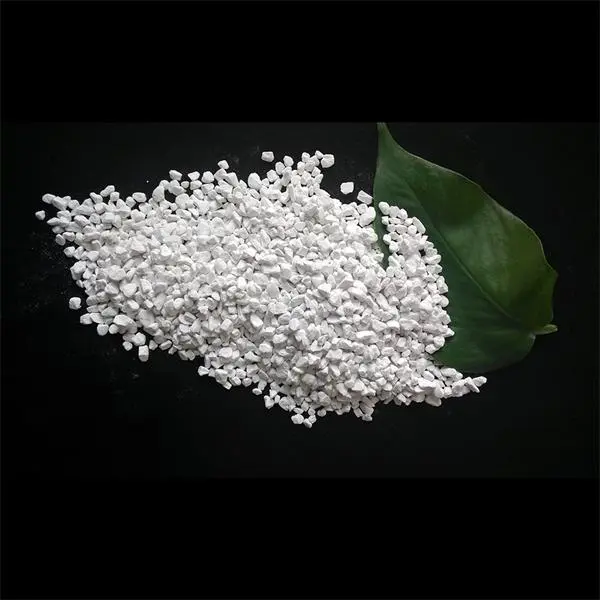Introduce
K2SO4, also known as potassium sulfate, is a compound with great potential in various industrial and agricultural applications. With its unique properties and wide-ranging benefits, this mineral salt has proven to be a valuable resource in many fields. In this comprehensive guide, we delve into the world of K2SO4, revealing its composition, applications and its importance in different industries.
Composition and Properties
Potassium sulfate (K2SO4) is an inorganic salt consisting of a potassium cation (K+) and a sulfate anion (SO4^2-). The compound is a colorless crystal, which is easily soluble in water and has a high melting point. The presence of potassium and sulfate ions endows K2SO4 with unique properties, making it a versatile substance with diverse applications.
Agricultural application
In agriculture, K2SO4 plays a vital role in promoting healthy and sustainable crop growth. Due to its high solubility, salt is easily absorbed by plants, providing them with essential nutrients. Potassium is essential for the development of strong roots, stems and stems in plants. It also aids in sugar production and facilitates water uptake, which improves overall crop yield and quality.
Industrial application
K2SO4 is widely used in various industrial fields. The compound is used in the production of fertilizers, glass, dyes, detergents, and even textiles. When used in fertilizer formulations, potassium sulfate stimulates plant growth and increases resistance to disease and environmental stress. In addition, this salt is used as a flux in the glass manufacturing process, lowering the melting point of raw materials and improving the clarity and durability of glass products.
Environmental benefits
In addition to agricultural and industrial applications, K2SO4 contributes to environmental sustainability. When used as a fertilizer, it minimizes the risk of soil degradation because it does not contain harmful chemicals that can contaminate groundwater. In addition, it helps to stabilize soil pH and increase the fertility of degraded lands. By making good use of this compound, we can work towards a greener future while ensuring efficient use of resources.
Challenges and Countermeasures
Although K2SO4 has many benefits, it is also important to use K2SO4 responsibly. Excessive use or improper application of potassium sulfate can lead to soil salinization, which can negatively affect plant growth and biodiversity. It is imperative to consult an agricultural professional and follow recommended dosing guidelines to avoid potential problems.
In conclusion
Potassium sulfate (K2SO4) has a wide range of benefits and applications in agriculture, industry and environmental sustainability. Its unique composition and properties make it a valuable resource for enhancing crop growth, improving the quality of finished products and minimizing environmental degradation. By understanding its potential and using it responsibly, we can harness the power of K2SO4 to create a more sustainable and prosperous future.
Disclaimer: The content of this blog is for informational purposes only and should not be considered professional advice. Always consult an expert in the field before applying any product or technique.
Post time: Aug-28-2023

